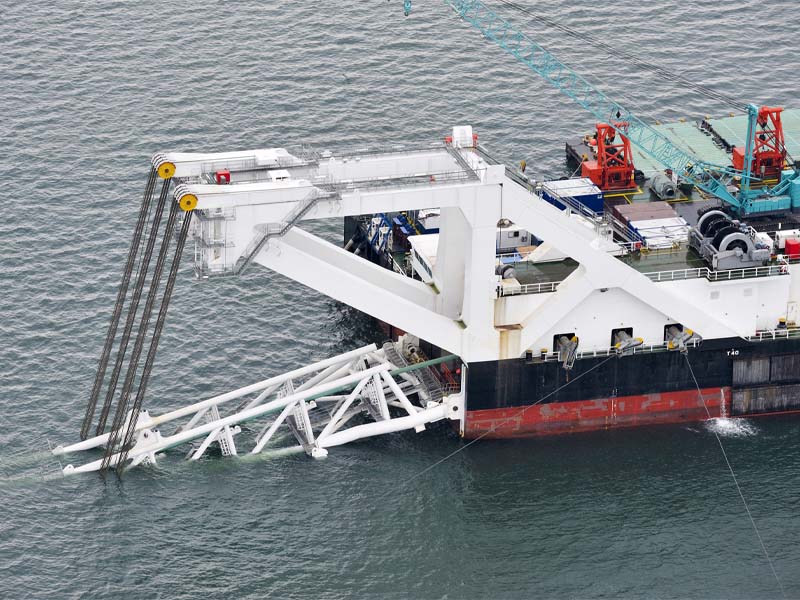Pioneering Future: UK-Germany Hydrogen Trade Possibilities Explored
Key Ideas
- The joint study by Arup, Dena, and Adelphi highlights the potential for pipeline-based hydrogen trade between the UK and Germany.
- Key activities such as developing onshore networks and aligning technical requirements are outlined to support international hydrogen trade.
- The study, commissioned by DESNZ and BMWK, aims to lay the groundwork for future hydrogen interconnection between the two countries.
- This collaboration sets the stage for advancements in hydrogen infrastructure and market agreements, fostering a sustainable energy relationship.
A collaborative effort between Arup, Dena, and Adelphi has resulted in a study focusing on the feasibility of establishing a pipeline-based hydrogen trade between the UK and Germany. The primary goal is to provide a framework for both governments to assess the potential of a hydrogen interconnector for facilitating trade. The study emphasizes the significant opportunity presented by the evolving hydrogen markets in both countries.
By conducting analyses on regulations, business models, and commercial arrangements, the study outlines key activities essential for the development of an international hydrogen trade market. These activities include building onshore networks, aligning technical requirements for hydrogen trading, and facilitating agreements between producers and offtakers.
Commissioned under the 'UK-Germany Hydrogen Partnership' by DESNZ and BMWK, the study aims to pave the way for a future hydrogen trade system. It proposes 'delivery enablers' and preliminary focus areas to kickstart the process of establishing a hydrogen interconnector. This joint effort signifies a positive step towards enhancing hydrogen infrastructure and fostering a sustainable energy partnership between the UK and Germany.
